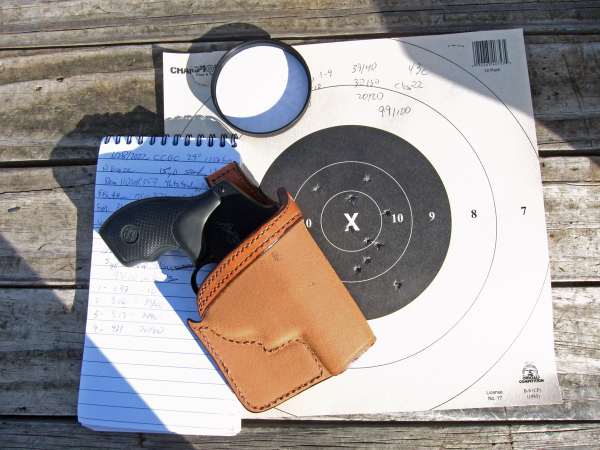
Like the old slogan against motorcycle helmet laws, I’m all about “Let those who ride decide.” When it comes to violating the law, I have grave concerns. But that’s not the only concern.
People who live in the real world aren’t like me. They don’t get to carry guns nearly everywhere all the time. The huge majority (who are gainfully employed) are likely employed by those who deny their employees the essential civil right of self-defense.
“Well, carry anyway. You can always find another job.”
Sure. Tell yourself that. It’s easy to make those statements on social media. As someone noted (in a link you’ll see below) – “What’s the first question asked in a job interview? – why did you leave your last job? … Oh, for carrying a gun ...”
“Thanks for coming in.”
It’s tough to fund raising a family, paying bills and the like with that kind of background.
So that’s an NPE – non-permissive environment. Sometimes the results are career-ending; without the gun, it could be life-ending. In any event, if you’re going to do it, what’s the best way?
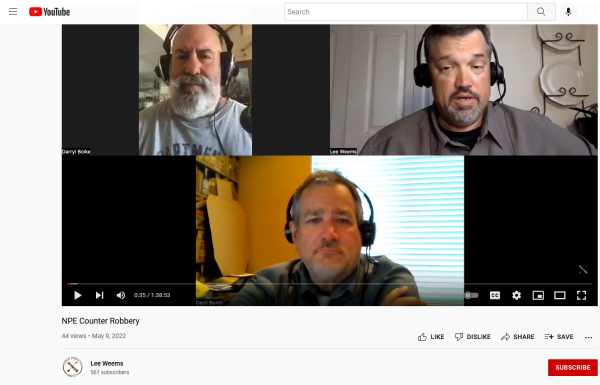
Check out one of the “That Weems’ Guy” podcasts, this one on a class being conducted by Darryl Bolke, Cecil Burch and Chuck Haggard -- NPE Counter Robbery, at Meadhall Range in Oklahoma.
It was an interesting take on an expansive concern.
Mostly, those who do carry in those less permissive environments tend to carry guns that are more discreetly sized and they carry in ways that won’t win them an IDPA contest or even let them “pass” some standard exercises.
Any gun is better than no gun.
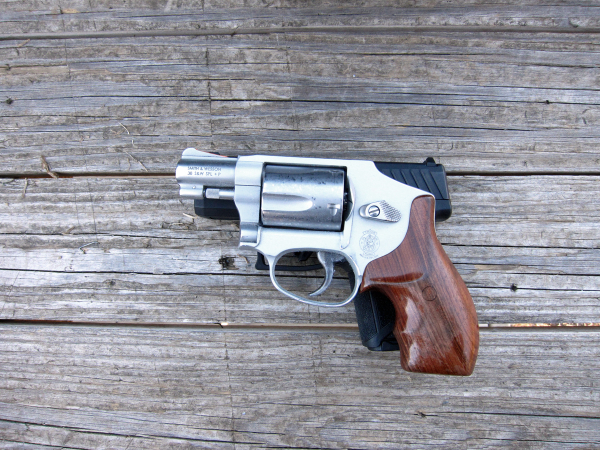
To hear certain “experts” tell it, if you don’t carry a large enough gun you’re doomed to failure. That’s not true.
As Claude Werner has noted, the most critical aspect of all this is decision-making, not “which gun you carry.”
The NPE Counter Robbery course is more than guns and shooting; they include threat acquisition and assessment, avoidance, hands-on countermeasures and nonlethal alternatives.
This isn’t necessarily a class for training junkies, gun-people or grappling types; though all three will find solid information here. Those worried about “failure” need to consider this: you generally don’t learn solid lessons from success. You learn far more from failure.
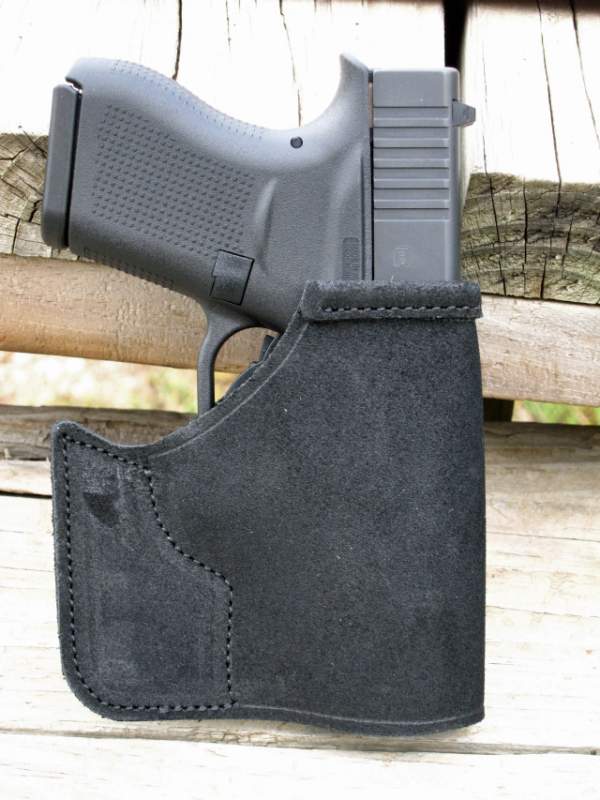
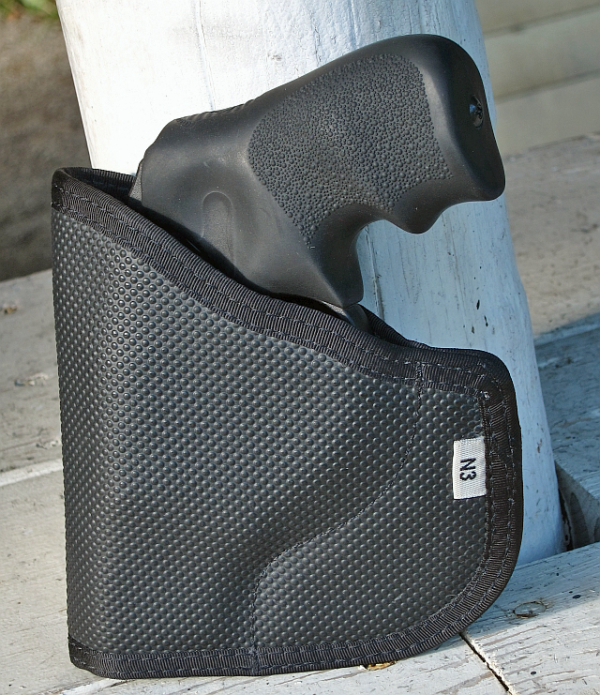
Nearly everyone has to use what they have and can’t carry service/service-compact guns – instead having to carry in deep concealment, very discreet carry. And those folks get grief from the social media types and gun shop commandos for not carrying "enough gun."
Having to carry something that’s less than optimal can work, but learning how best to carry it and employ it will certainly help. Finding the training for use of little guns is tough. Too many people turn their noses up on the reality of carrying a gun when it can be seriously frowned upon.
Should people in that situation have to do without access to the right to self-defense. Even people with badges – or retired badges – find times where the choice is to be sub-optimally armed or to be without access to the ultimate force option.
When the topic is guns, you get to try out other guns – small autos and small revolvers. Let’s look at various methods of carry. Which works – and when?
What about OC spray or other nonlethal options; or what do you do when a gun is not called for? Can you recognize the potential problem early, from a distance? Have you considered transitional spaces? Do you know what it is to “call a security halt?”
During the physical skills component – hands on, OC or firearms – expect coaching and good advice.
The podcast is a good briefing on what to expect at the class. You can see the video version here. For those who aren’t close to Oklahoma, you may want to reach out to one of the principals – or check in with Lee Weems – to see if you could arrange for the class to come to your area. You never know if you don’t try.
-- Rich Grassi